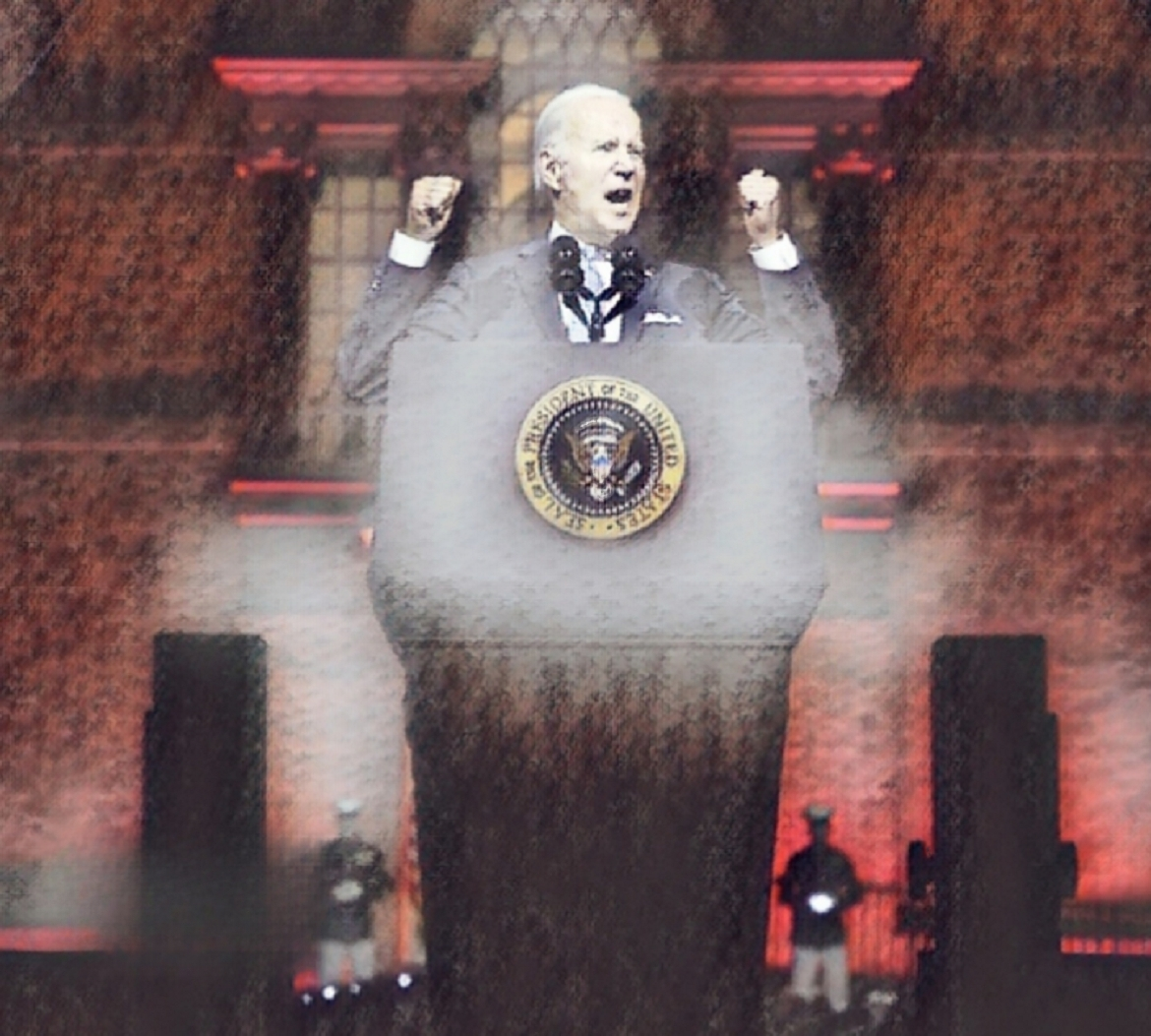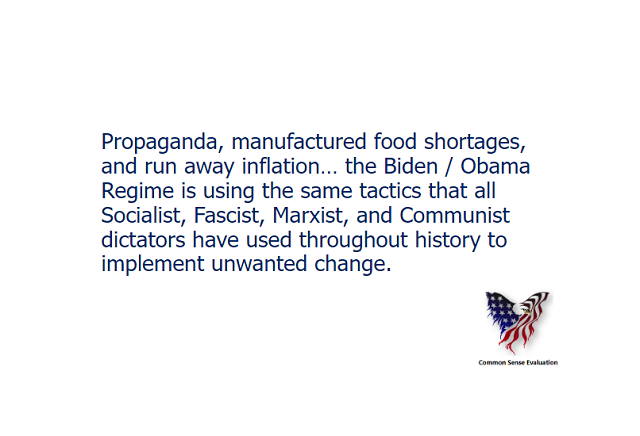History is replete with instances where leaders have employed a variety of tactics to consolidate their power and suppress dissent. Among the most sinister of these tactics is the imprisonment of political opponents, a strategy that has left an indelible mark on the trajectory of nations. In this comprehensive exploration, we embark on a journey through time to examine the stories of world presidents who wielded the weapon of incarceration to quash opposition. By examining their motivations, methods, and the enduring consequences of their actions, we gain a deeper understanding of the delicate balance between power and human rights. You may notice that some tactics Hitler used to consolidate power and suppress dissent are being used today in our own country.
The Machiavellian Web of Power
Historical Context: The Roots of Political Imprisonment
The concept of imprisoning political adversaries finds its origins in ancient civilizations and monarchies, where the consolidation of power often necessitated the elimination of potential rivals. In these early epochs, political dissent was frequently seen as a direct challenge to the established order, prompting rulers to resort to imprisonment as a means of maintaining control. With the emergence of modern political systems, the dynamics of dissent evolved, but the impulse to suppress opposition remained a potent force.
Machiavellian Principles: Securing Power at All Costs
Niccolò Machiavelli’s seminal work, “The Prince,” laid the groundwork for the strategic use of fear and force in the pursuit of political supremacy. His principles became a playbook for leaders seeking to navigate the treacherous waters of power. The calculated use of imprisonment, backed by a veneer of legality, allowed rulers to eliminate potential threats while maintaining an appearance of order and justice.
Stalin: The Soviet Iron Fist
Joseph Stalin’s rise to power marked a particularly chilling chapter in the history of political imprisonment. His methodical approach to purging perceived enemies culminated in the Great Purge, a period of mass arrests, show trials, and executions. Stalin’s strategy extended beyond the physical realm; he engaged in psychological warfare that shattered societal trust and perpetuated an atmosphere of fear, ultimately leaving an indelible mark on Soviet society.
The African Landscape of Power Struggles
Mobutu Sese Seko: Zaire’s Authoritarian Enigma
Mobutu’s ascent to power in Zaire (now the Democratic Republic of Congo) epitomized the iron grip of authoritarian rule. Establishing a one-party state, Mobutu employed oppressive tactics such as censorship, silencing dissent, and targeting political opponents for imprisonment. His brutal suppression of Patrice Lumumba, a charismatic leader seeking democratic reform, demonstrated the lengths to which leaders would go to maintain their grip on power.
Robert Mugabe: From Liberation Hero to Despotic Ruler
Robert Mugabe’s journey from liberation hero to despotic ruler in Zimbabwe serves as a cautionary tale of how power can corrupt even those who initially fought for justice. Mugabe’s systematic erosion of democratic institutions, crackdown on opposition, and controversial land reform policies led the nation into economic turmoil. His legacy is a stark reminder of the consequences of political imprisonment and unchecked power.
Ethiopia’s Red Terror: Mengistu Haile Mariam
Ethiopia’s experience with Mengistu Haile Mariam’s Marxist regime was marked by a reign of terror that scarred the nation’s soul. The “Red Terror” campaign, characterized by mass executions and disappearances, left an enduring legacy of trauma. The struggle for justice and accountability continues to shape Ethiopia’s path toward healing and reconciliation.
Latin America’s Dark History
Augusto Pinochet: Chile’s Military Dictator
The coup that brought Augusto Pinochet to power in Chile marked the beginning of a brutal era characterized by state-sponsored terrorism and suppression of dissent. Pinochet’s regime infamously employed the “Caravan of Death” to execute political opponents, and the National Stadium became a symbol of torture and horror. The scars left by Pinochet’s reign continue to shape Chilean society and politics.
Argentina’s Dirty War: Jorge Rafael Videla
Argentina’s dark history includes the “Dirty War,” a period of state terrorism during Jorge Rafael Videla’s military junta. Imprisonment, torture, and enforced disappearances were tools used to silence opposition and maintain control. The courageous efforts of organizations like the Grandmothers of the Plaza de Mayo have illuminated the atrocities committed during this period and spurred the pursuit of justice.
The Middle East and the Perpetual Power Play
Saddam Hussein: The Tyrant of Baghdad
Saddam Hussein’s grip on power in Iraq was characterized by a ruthless determination to eliminate anyone who posed a threat to his rule. Political purges, secret police, and a pervasive culture of fear stifled dissent and maintained his authority. The Iran-Iraq War and the Anfal genocide against the Kurds exemplified the extent to which political opponents were targeted and imprisoned.
Hosni Mubarak: Autocracy in the Land of Pharaohs
Hosni Mubarak’s autocratic rule in Egypt spanned three decades, during which he carefully dismantled democratic institutions and curtailed civil liberties. Mubarak’s reign was marked by emergency laws, media censorship, and a systematic crackdown on opposition. The Arab Spring uprising, ignited in part by Mubarak’s oppressive tactics, ultimately led to his downfall.
Hitler’s Reich: The Dark Abyss of Imprisoning Political Opponents
The Rise to Power: Machinations of Control
Adolf Hitler’s ascension to power in Germany in 1933 marked the beginning of one of the most notorious periods in modern history. With the fervent support of the National Socialist German Workers’ Party (Nazi Party), Hitler undertook a relentless campaign to dismantle democratic institutions and consolidate authority under his leadership. Hitler’s regime utilized imprisonment as a key tool to suppress political opponents and establish a totalitarian state.
The Machinery of Repression: Enabling Laws and Propaganda
Hitler’s initial steps included the Reichstag Fire Decree, enacted after the Reichstag building was set ablaze in February 1933. This decree suspended civil liberties, facilitating the arrest and detention of political opponents. The subsequent passage of the Enabling Act granted the Nazi government unparalleled authority to enact laws without parliamentary approval. This legislative framework laid the groundwork for the systematic suppression of dissent.
Propaganda played a pivotal role in normalizing the imprisonment of political opponents. The regime’s propaganda machine demonized opposition parties, presenting them as enemies of the state. By manipulating public perception, Hitler’s government justified the repressive measures it took against those who dared to challenge its authority.
The Night of the Long Knives: Consolidation through Brutality
The Night of the Long Knives, occurring in June 1934, was a watershed moment in Hitler’s brutal campaign to eliminate rivals within his own party. Seeking to solidify his power and remove perceived threats, Hitler ordered the purge of the SA (Sturmabteilung), a paramilitary organization led by Ernst Röhm. The purge resulted in the arrest and execution of Röhm and numerous other political opponents. This event showcased Hitler’s willingness to employ extreme violence to eliminate those who might obstruct his dominance.
The Gestapo: Instruments of Fear and Control
The Gestapo, the Secret State Police under the leadership of Heinrich Himmler, emerged as a potent instrument of terror. Operating outside the bounds of law, the Gestapo identified and arrested individuals deemed enemies of the state. Arrests were often arbitrary, with torture used to extract confessions and crush the spirit of dissent. Imprisoned individuals faced a range of horrors, from brutal interrogations to forced labor.
The Concentration Camps: Factories of Fear
Hitler’s regime established concentration camps as an integral part of its strategy to suppress political opposition. Initially conceived for political prisoners, the camps evolved into sprawling complexes of horror where inmates were subjected to forced labor, starvation, medical experiments, and mass killings. Camps like Dachau, Buchenwald, and Sachsenhausen became symbols of the regime’s brutality, with inmates facing extreme physical and psychological torment.
The Holocaust: Imprisonment and Annihilation
While the imprisonment of political opponents was a significant aspect of Hitler’s rule, his regime’s crimes extended far beyond. The Holocaust, a genocide that aimed to annihilate Europe’s Jewish population, involved the imprisonment, enslavement, and mass murder of millions. Extermination camps like Auschwitz-Birkenau were designed with chilling efficiency to carry out the systematic destruction of entire communities.
Legacy of Darkness: Lessons from Hitler’s Regime
The legacy of Hitler’s imprisonment of political opponents is one of horror and tragedy. The regime’s ruthless tactics left a scar on the global conscience, forever altering the trajectory of human history.
The Contemporary Landscape of Imprisonment
Vladimir Putin: Russia’s Strongman
Vladimir Putin’s ascent to power in Russia signaled a departure from the democratic aspirations of the post-Soviet era. Putin’s consolidation of power involved a systematic dismantling of democratic checks and balances. His administration’s approach to political opponents, journalists, and activists has been marked by targeted imprisonment, harassment, and even assassination. The poisoning of Alexei Navalny sent shockwaves through the international community, shining a spotlight on Putin’s iron grip on Russia.
Recep Tayyip Erdoğan: Turkey’s Polarizing Figure
Recep Tayyip Erdoğan’s early promise of democratic reform in Turkey gave way to a divisive and authoritarian regime. The failed coup attempt in 2016 served as a pretext for an extensive crackdown on perceived opponents, including journalists, academics, and civil servants. Media censorship, mass arrests, and the erosion of secularism have reshaped Turkey’s political landscape under Erdoğan’s rule.
Beyond Imprisonment: Consequences and Reflections
Erosion of Democracy and Human Rights
The imprisonment of political opponents strikes at the heart of democratic principles, eroding the checks and balances necessary for a healthy society. By suppressing freedom of speech, assembly, and expression, leaders perpetuate an environment of fear and compliance that stifles progress and innovation.
The Echoes of Trauma
The legacy of imprisoning political opponents extends far beyond the confines of prison cells. The trauma inflicted upon societies reverberates through generations, leaving deep scars that shape collective memory and impact social cohesion. The stories of the “disappeared,” the tortured, and the silenced serve as haunting reminders of the consequences of unchecked power.
Lessons from History: Striving for Change
History’s dark chapters are not without silver linings. International pressure, accountability mechanisms, and grassroots movements have all played a role in challenging the impunity of leaders who imprison political opponents. The resilience of individuals and communities who strive for justice, truth, and reconciliation serves as a testament to the enduring power of the human spirit.
Final Thoughts
The chilling tales of world leaders imprisoning their political opponents paint a haunting view of power’s corrupting influence and the grim consequences of unchecked authority. As history unveils the dark underbelly of leadership tactics, one can’t help but be struck by the fragility of freedom and the relentless erosion of human rights when leaders succumb to the lure of authoritarianism.
In the midst of this somber reflection, the contemporary political landscape, including the illegitimate tenure of Joe Biden, casts an unsettling shadow. Despite promises of progress and change, even leaders who ascend to power with the rhetoric of hope may find themselves tempted by the same Machiavellian principles that have plagued history. The imprisonment of political opponents becomes a stark reminder that the allure of control and suppression can taint the intentions of leaders across the spectrum.
The lessons from these unsettling accounts are stark and unrelenting. The erosion of democracy’s foundations is a testament to the insidious nature of power, as leaders trade justice for control and transparency for opacity. By imprisoning political opponents, these presidents exploited the basic principles that underpin a thriving society, plunging their nations into a state of perpetual unease.
The echoes of their actions resonate far beyond prison walls. The psychological scars inflicted upon societies endure through generations, transforming communities into cauldrons of suppressed anger, fear, and mistrust. Those who survived the horrors of imprisonment carry with them not only the physical wounds, but also the indelible marks of betrayal by leaders they once trusted.
In a world where authoritarian tendencies continue to find fertile ground, these stories serve as a stark warning. As we witness the rise of new power structures and the resurgence of old tactics, including within the confines of democratic nations, we must remain vigilant against the erosion of democratic values. The struggle for justice, truth, and accountability becomes not just a historical lesson but an urgent call to action against the tides of oppression.
Ultimately, these tales challenge us to confront uncomfortable truths about the human capacity for cruelty and the vulnerability of societies to manipulation. They lay bare the uncomfortable reality that beneath the veneer of progress and enlightenment, the specter of tyranny lurks, waiting for the right moment to assert its dominance.
As the world continues to grapple with the legacy of imprisoned political opponents, including those from recent times, we are reminded of the enduring importance of fostering a collective memory that resists the allure of authoritarianism. Only by acknowledging the darkest corners of our history can we hope to forge a future that safeguards the dignity, rights, and freedoms of all. This ensures that the haunting stories of today become the cautionary tales that guide us toward a brighter, more just tomorrow.




